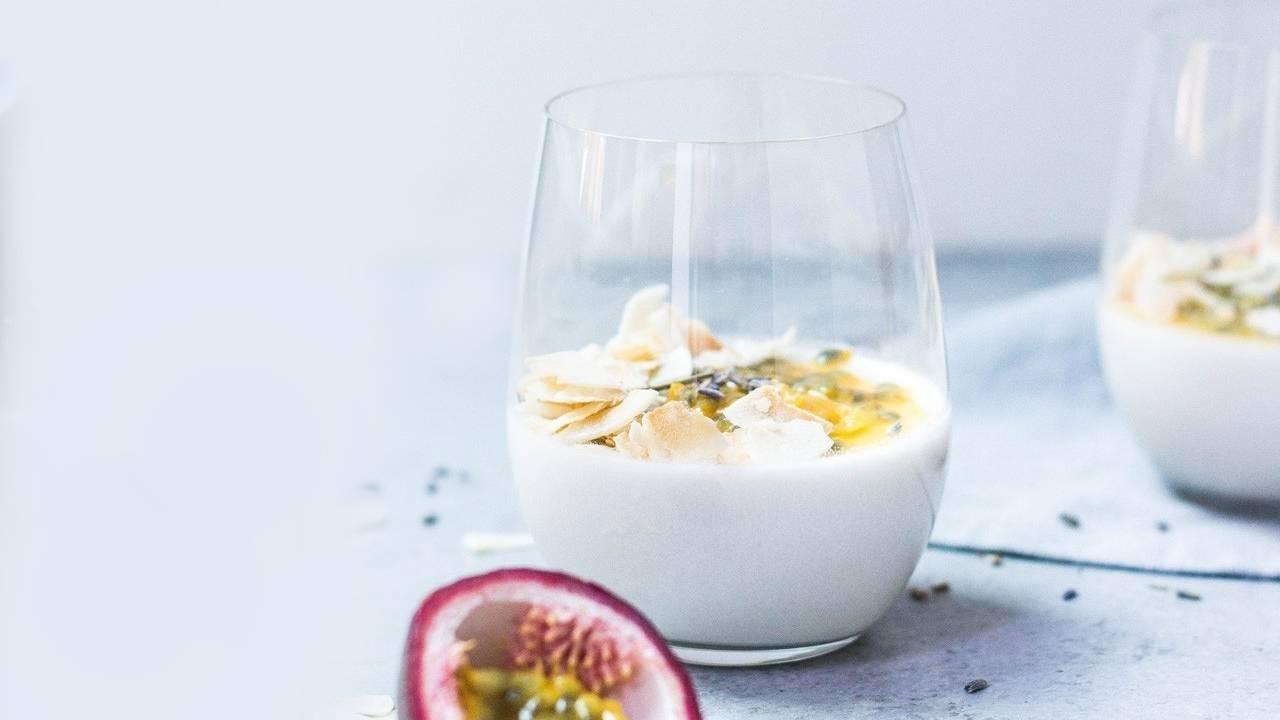How your gut affects your mental health
May 13, 2020
Correlation between gut health and mental health
Our everyday language has been telling us for decades that our brains and stomachs are connected – we digest difficult news, or talk about butterflies in our stomachs when we’re nervous. We go with our gut when making a decision.
But now scientists know that there’s a strong biological tie between gut and brain – so much so that they’re now calling the gut the ‘second brain’. And it’s not just your stress that has an impact on your digestive system – your digestive system can also affect your mental state.
It all comes down to the microbiome each of us carries around with us – a system of millions of bacteria, some good and some bad, that live in our digestive systems. And it’s all about keeping those in balance.
Gut problems and mental health
When things get too out of balance for too long, then you have a problem – with links to a plethora of conditions including an increase in allergies, skin inflammation such as psoriasis and asthma, and importantly for mental health, an impact on mood and mental health.
Stress is a two-way street between the brain and the gut. In simple terms, stress causes physical changes to the mood within your gut. Since that’s where over 90% of your serotonin (the transmitter that assists in regulating a happy disposition) is produced, an unhappy gut truly can add up to a troubled mind.
How can you keep your gut and brain healthy?
How do we keep both brains healthy? By feeding them properly. Food matters when it comes to your gut – and consequently, your brain. The big difference-maker is to eat foods that feed your microbiome, to promote good digestive health and function.
This means foods packed with fibre, and the right type of carbohydrates. You need pre-biotics (non-digestible food ingredients that promote the growth of beneficial micro-organisms in the intestines) to foster the growth of good bacteria. If you eat too few of the right carbohydrates, or aren’t eating them regularly, you can also get an overgrowth of bad bacteria.
So, to keep your gut healthy, avoid refined carbohydrates (foods made with flour or sugar such as regular breads, biscuits, cereals, sweets or confectioneries) and focus on eating unprocessed, more natural carbohydrates like vegetables, fruits, salads and whole grains.
Other foods that may help keep your gut in shape include fermented foods like cultured yogurt (kefir), sauerkraut, kimchi and kombucha. Find one that works for you, and eat it regularly. And you can supplement with probiotics too – ensure you make an informed choice by speaking to a health practitioner.
Also remember that gut health isn’t dependent on food alone. Certain medications – like antibiotics and certain painkillers, for example – may disrupt your microbiome. So if you consistently have digestive issues despite eating a fibre-rich diet then it’s important to see a health practitioner and have the problem investigated.

